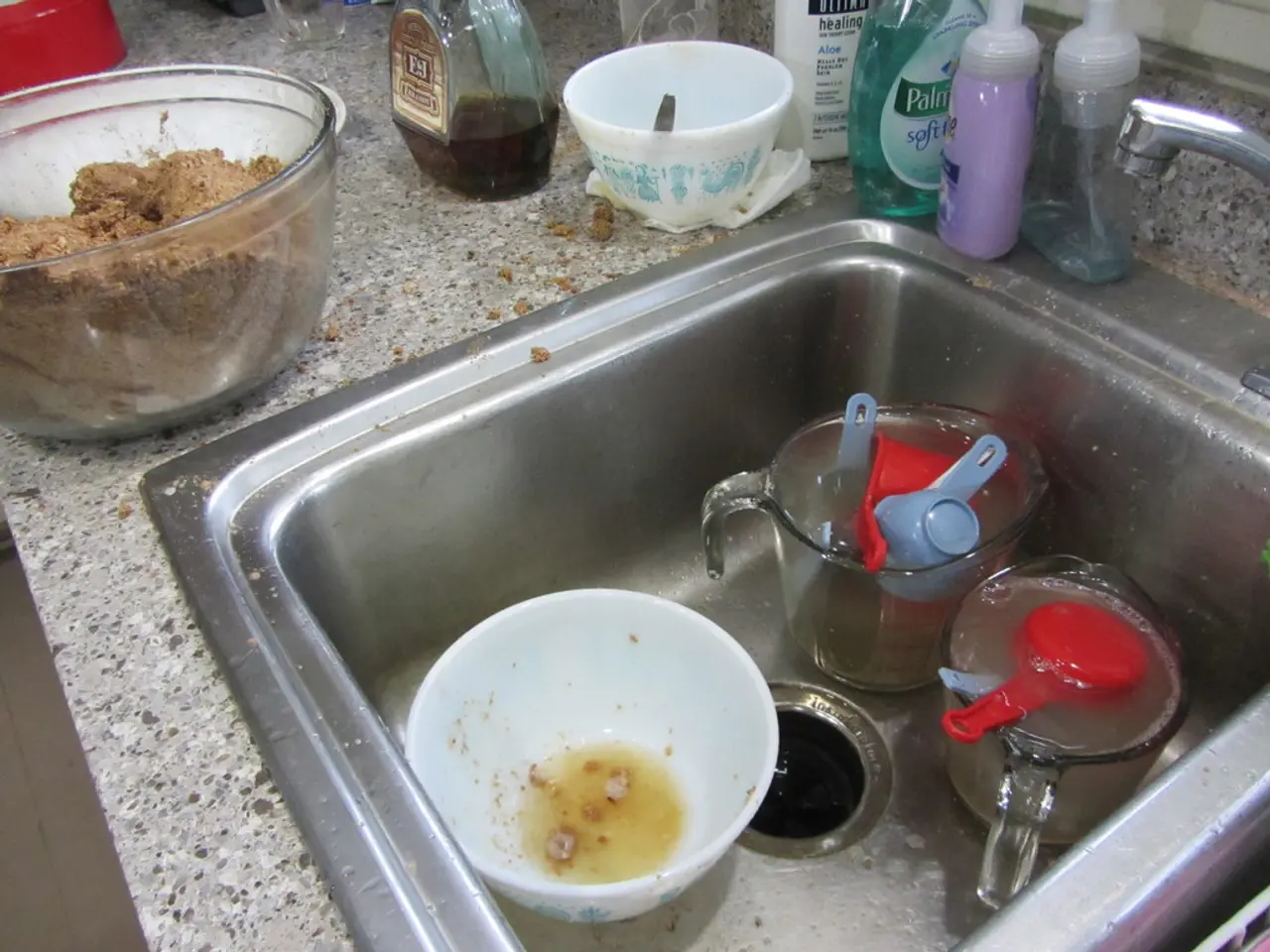Unveiling the Microscopic Landscape of Skin: A Revolution in Skincare Approaches
In the realm of skincare, understanding the microbiome - a diverse community of bacteria, fungi, and other microorganisms residing on the skin - has become increasingly important. This ecosystem plays a crucial role in maintaining skin health, influencing hydration, inflammation, barrier function, and susceptibility to disease. Diet and nutrition have a significant, albeit complex, impact on this microbiome.
The gut and skin microbiomes are closely interconnected. A healthy gut microbiome, nourished by a varied and balanced diet, supports a healthier skin microbiome by improving systemic inflammation and nutrient absorption. Conversely, an imbalanced gut microbiome can contribute to skin inflammation and exacerbate conditions like acne, eczema, and hidradenitis suppurativa (HS).
Consuming a wide variety of nutrients supports both gut and skin microbiomes. Fermented foods, rich in probiotics, enhance gut microbial diversity, which can positively affect the skin microbiome. Diets rich in fruits, vegetables, whole grains, and healthy fats (such as the Mediterranean diet) are associated with reduced systemic inflammation, which can calm skin inflammation and support microbial balance.
Nutrients like amino acids from bone broth support gut health and, indirectly, skin appearance by improving nutrient absorption and reducing inflammation. For inflammatory skin conditions like HS, evidence suggests that weight management and hypocaloric diets can improve symptoms, likely by reducing metabolic and hormonal triggers of inflammation.
Research shows that dietary patterns can influence the development and management of various skin conditions. For example, patients with acne often report that certain foods affect their symptoms, and there is growing evidence that dietary choices relate to acne severity. Similarly, in HS, dietary interventions can modulate hormonal and metabolic factors that exacerbate the condition.
To optimise diet for skin microbiome health, aim for a diet rich in plant-based foods, healthy fats, lean proteins, and fermented items. Incorporate foods high in antioxidants, omega-3 fatty acids, and fiber to reduce systemic inflammation. Regular intake of probiotics (from fermented foods) and prebiotics (from fiber-rich foods) nurtures a healthy gut microbiome, which is a foundation for skin health. Ensure adequate intake of vitamins, minerals, and amino acids to provide the building blocks for skin repair and microbiome balance.
Avoid processed foods and excess sugar as they may disrupt the balance of the skin microbiome and exacerbate inflammatory skin conditions. For specific conditions like HS or acne, consider personalized dietary adjustments under the guidance of a healthcare provider.
This "inside-out" approach, combining diet and skincare, maximises the benefits for skin health. By understanding the role of the microbiome and optimising diet, we can promote a healthy skin ecosystem, reducing inflammation, and improving resilience against skin diseases.
- Recognizing the interplay between various nutritional factors and the microbiome, incorporating a science-based diet rich in plant-based foods, healthy fats, lean proteins, and fermented items fosters both a healthier gut and skin microbiome, thereby supporting skin health and wellness.
- The holistic approach of balancing diet and skincare practices, rooted in health-and-wellness principles, strengthens the skin microbiome, enhances its resilience against diseases, and promotes overall skin health by minimizing inflammation and optimizing nutrient absorption.




